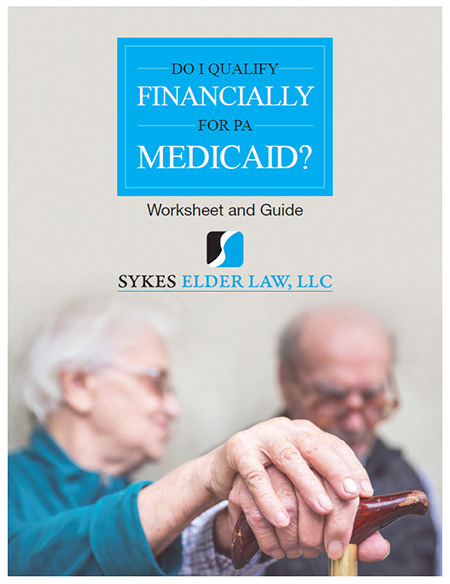Click Here to Read the Updated Version of this Post
While Medicaid law discourages applicants from giving away their assets before applying for benefits, the law allows some exceptions.
As a matter of public policy, Medicaid rules permit some gifts of money or property. This article explores exceptions that apply to some children of Medicaid recipients.
The following examples depart from the usual rule that transfers of assets (gifts) make applicants ineligible for benefits, if they are made within a certain time period prior to application.
House to caregiver child
One of the most frequently used exceptions applies to a son or daughter who has lived with, and provided care to, a Medicaid applicant.
To qualify, a son or daughter must have resided in the applicant’s home for at least two years before nursing home admission, and must have provided care that permitted the applicant to reside at home rather than in an institution.
If those conditions are met, the applicant may deed the residence to the caregiver child without receiving any money in return. This gift will not disqualify the applicant from benefits.
It is vital to prove that the caregiver child has met the qualifications. Affidavits, a letter from a treating physician, and tax records are all ways to help show entitlement to the exception.
Disabled, blind, or minor children
Medicaid law also allows exempt transfers to a son or daughter who is under 21 years of age, or blind, or “permanently and totally disabled.” Transfers may also be made to a trust (including a special needs trust) established for the benefit of such a child.
Medicaid applicants, who are typically older, rarely have children under the age of 21, but it does happen on occasion, particularly when the applicant is disabled in middle age or younger.
Much more common is the disabled son or daughter. An elderly Medicaid applicant may have a son or daughter who was born with special needs and remains disabled, or who developed a disability later in life through an accident or disease.
For example, an 85-year-old applicant may have a 55-year-old son who suffers a disability resulting from an industrial accident. The applicant could use $100,000 in excess assets, that would otherwise have to be spent down, to set up a special needs trust for her disabled son.
Process
An applicant must follow the requirements of federal and Pennsylvania law to make exempt transfers effectively. An elder law attorney can provide guidance, gather evidence to establish entitlement, and prepare trust documents to help ensure eligibility






